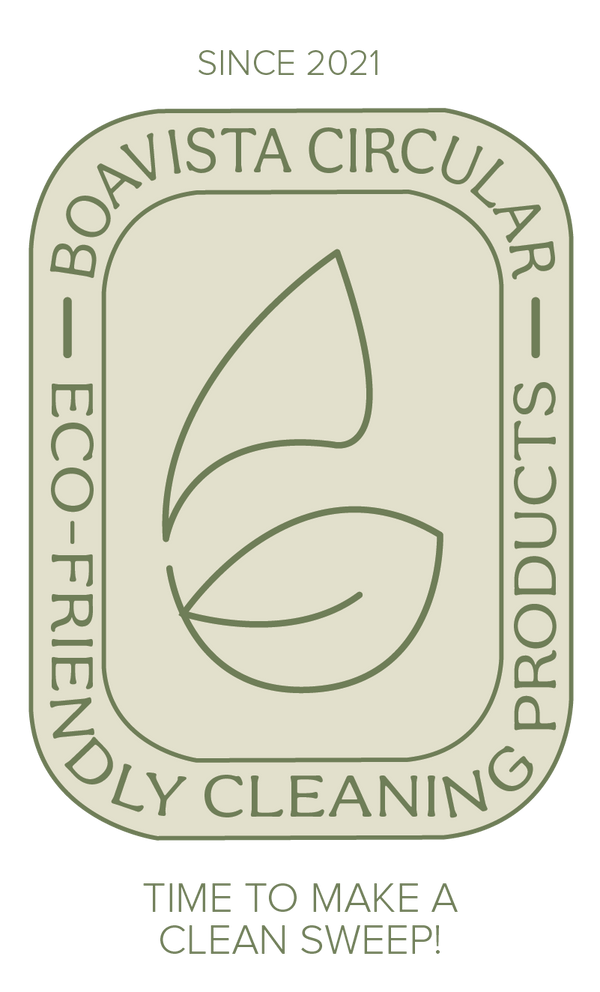FAQs
Does the soap have a rancid smell?
That's the number one question,
No, it doesn't; after a filtering and cleaning process, we place the oil into a herbal infusion to extract the maximum properties from these herbs.
How do you clean the oil?
It's a homemade process; after filtering it with a sieve, the oil goes in contact with water, and an air pump is placed in the mix, generating air and blending both liquids. After we remove the water from the oil and is visible how dirty the water turns out.
Is the soap biodegradable?
Yes, it's 100% biodegradable.
How are the used oil polluting and your soap not?
Oil is potentially polluting in its normal state because it has less density than water. Therefore, it remains floating on the water's surface, creating a layer that prevents the correct gas exchange and photosynthetic activity of the microorganisms present in the water.
When fats such as used oil are properly saponified, the lipid molecules are transformed into soap molecules, leaving behind their polluting potential and being converted into water-soluble molecules.
It will be utterly biodegradable if the soap is made without perfumes, emulsifiers, or synthetic emulsifiers.
How long does a solid dish soap last?
It is supposed to last about three months, depending on how often you do the dishes or if you have a dishwasher. Remember always to keep the soap as dry as possible.
From where do you collect the used oil?
All soaps are produced here in Amsterdam, and we get the oils from restaurants and households here and in nearby regions.
Is your soap vegan?
Unfortunately, we cannot track what has been fried in the oil, So we don't guarantee the oil was not in contact with animal products.
We are trying to find places that offer only vegan food if they have an interest in giving their oil for soap production,
But our primary goal is to avoid this residue from contaminating our soils and water.
Is the sponge plastic-free?
No, the sponge is made from polyamide/nylon, a plastic material.
The fishing net sponge doesn't smell like fish.
No, after the nets are rescued, they go through an intense cleaning process, drying them in the sun, and only after all the smell is gone do they start working with the material.
Is the sponge biodegradable?
No, this material is not biodegradable.
Can the fishnet be recycled?
Nylon can be recycled, but unique recycling systems can separate this product.
So we recommend always throwing the sponges into containers for plastic.
Does it liberate microplastics?
There are different studies on microplastic releases,
most of these studies show that the fishing nets abandoned in the ocean have a more significant potential for breakdown, which will realize microplastics in the sea.
Turning this waste into sponges reduces this problem and stops it from damaging and killing marine life.
Is your packaging recyclable?
Yes, all our paper packaging/labels are made from agricultural waste paper and can be discarded in the old paper containers or your compost bin.
